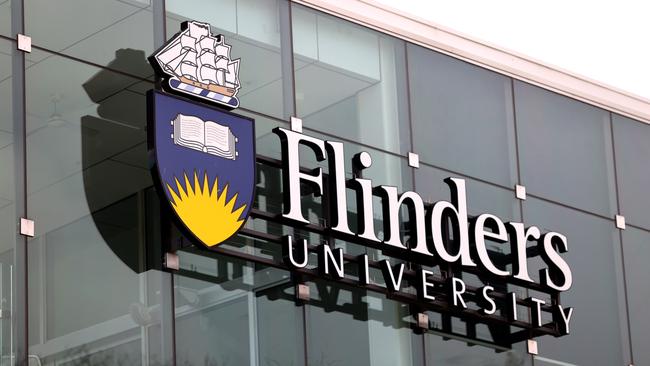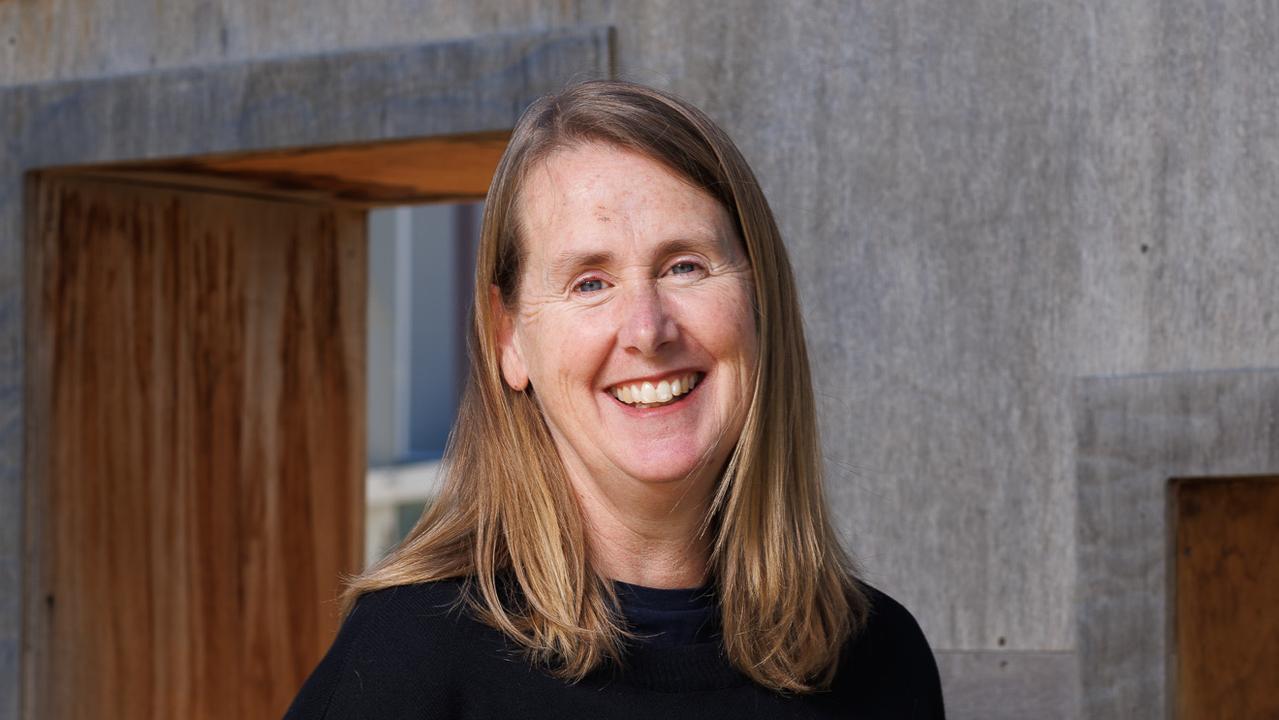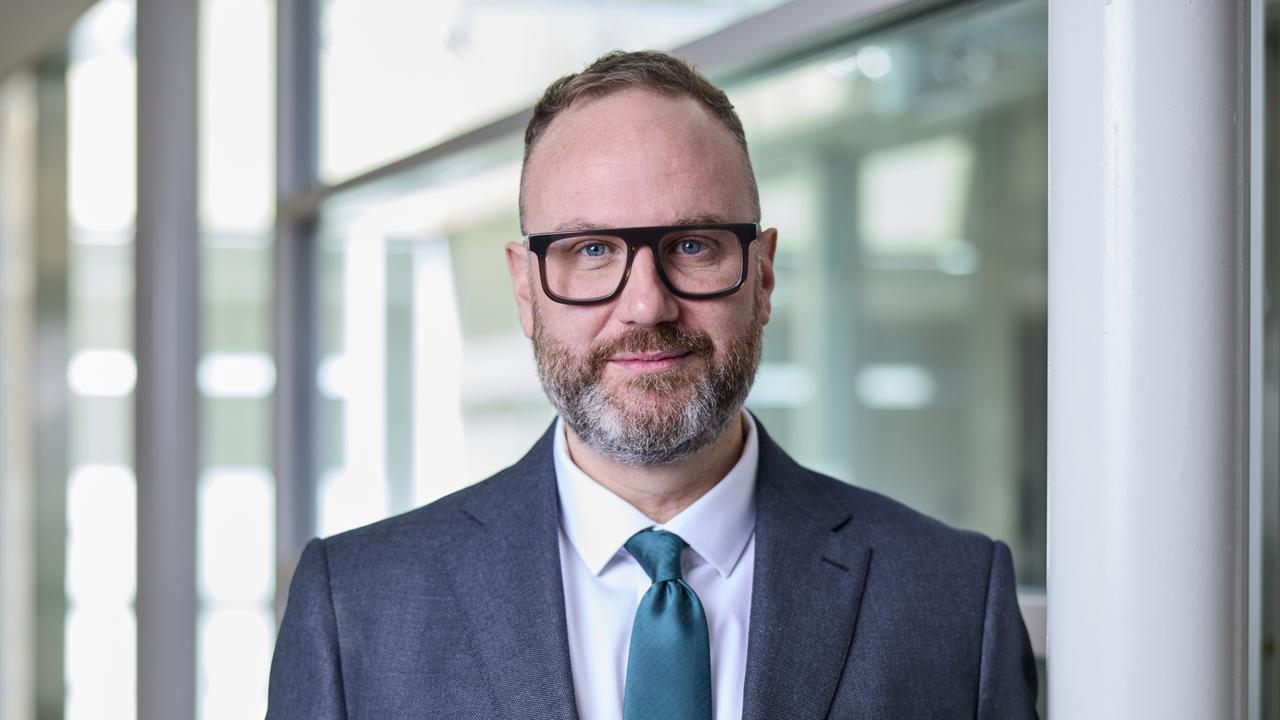Flinders Uni boosts its industry research as new rival looms
Facing the arrival in 2026 of a new large rival university in Adelaide, Flinders University is boosting its industry research.

Facing the arrival in 2026 of a new large competitor institution in South Australia, Flinders University is going all out to build its research capacity and back up its claim that it’s the university for industry to turn to for problem solving.
Flinders is proudly trumpeting the fact that its research income – the money that funds its research programs – has risen rapidly in recent years. It rose 138 per cent from 2017 to 2022 and was up in all categories of the officially collected data. It now earns more in competitive research grants than any other non-Group of Eight university and it’s among the highest outside of the Group of Eight for total research income.
Flinders is particularly surging ahead in medical research. Since 2023 it has had more new project funding from the Medical Research Future Fund than the University of Adelaide, its cross-town rival.
Flinders deputy vice-chancellor (research) Ray Chan said the university had performed particularly well this year in competing for Australian Research Council funding for industry research and, for the first time, a Flinders researcher had been named an industry laureate fellow. “That is a very strong message sent out, to not just the sector but our industry partners, that we’re here for business. We’re here to solve their problems. We’re here to solve the community’s problems,” he said.
Flinders’ big challenge comes in 2026 when the University of Adelaide and the University of South Australia merge into the new Adelaide University, which is likely to have nearly three times as much research income as Flinders.
Professor Chan says he is asked by many how Flinders will respond to the new university.
“I would like to think that we have grown up enough to think for ourselves that we want to be the industry-facing university. Whereas I think the other university, which is part of Group of Eight, could be potentially a little bit more traditional in its thinking,” he said.




To join the conversation, please log in. Don't have an account? Register
Join the conversation, you are commenting as Logout